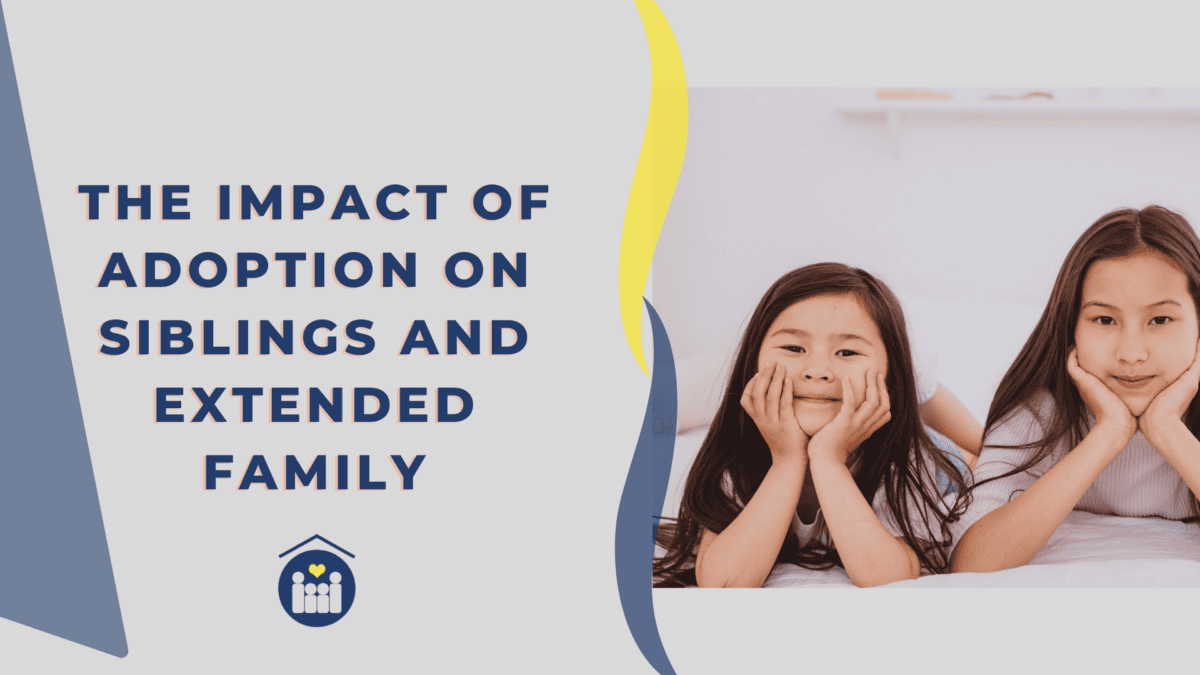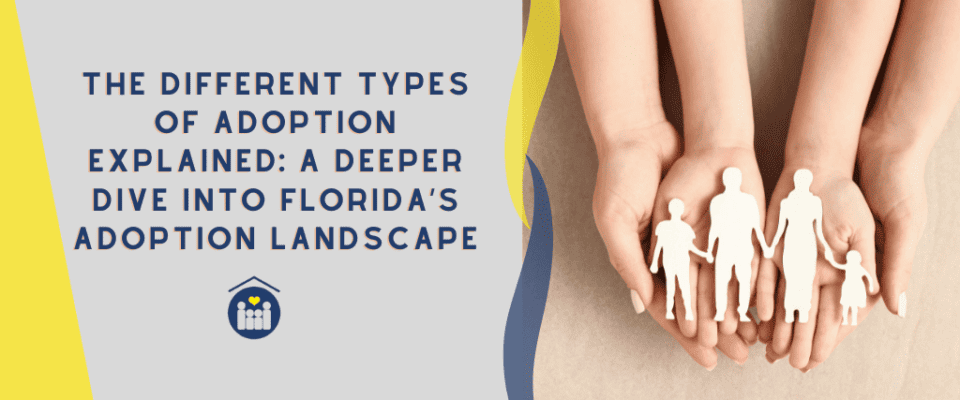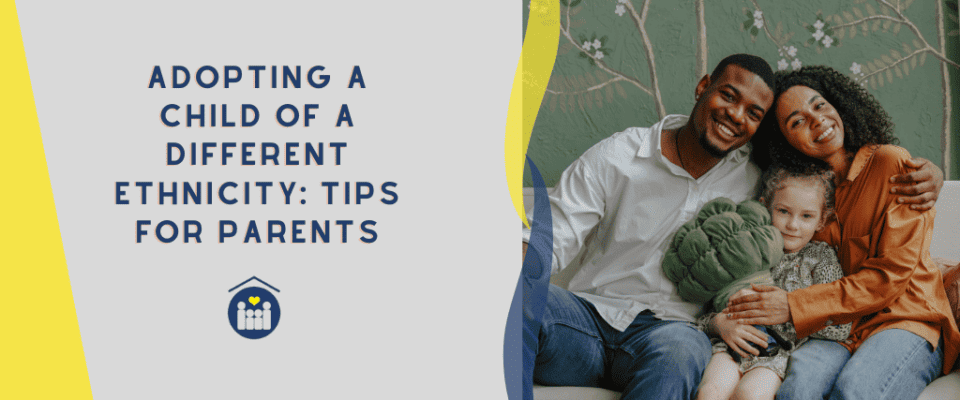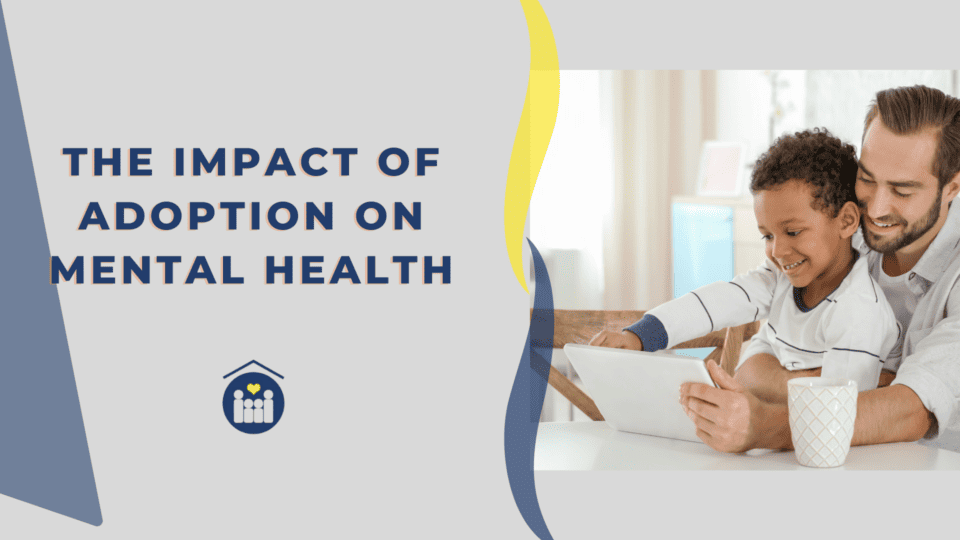The Impact of Adoption on Siblings and Extended Family

Preparing for Life After Putting Your Baby In An Adoption Plan: Resources and Support
May 13, 2023
The Impact of Adoption on Mental Health
July 10, 2023Adoption is a legal process through which a person or a couple becomes the permanent parent(s) of a child who is not biologically their own. Through adoption, the adoptive parent(s) assume all the parental rights and responsibilities concerning the child. The adopted child becomes a full-fledged member of the adoptive family, usually taking the family’s surname and enjoying the same legal rights as a biological child, including inheritance.

Table of Contents
Brief Overview of the Adoption Process
The adoption process can vary depending on various factors such as the type of adoption, the state laws, and the adoption agency involved. Generally, the process includes the following steps:
- Making the Decision: Prospective adoptive parents must first make the decision that they want to adopt. This involves considering various factors such as financial stability, emotional readiness, and support systems.
- Choosing an Adoption Agency: The next step is to choose an adoption agency or attorney that will guide them through the legal process.
- Home Study: This is an assessment process where the home and lives of the prospective adoptive parents are examined to ensure that they can provide a stable environment for a child.
- Matching: This involves finding a child whose needs can be met by the prospective adoptive family.
- Pre-Adoption Placement: Before the adoption is finalized, there is usually a period where the child lives with the adoptive parents.
- Legalization: This is the final step where a court of law formalizes the adoption, and the adoptive parents are granted full legal custody of the child.
Importance of Considering the Impact of Adoption on the Family Unit
While adoption is often a joyous event, it is also a complex process that can have a profound impact on the entire family unit, including siblings and extended family members. It is essential to consider how adoption will affect the family dynamics, relationships, and emotional well-being of all members involved. Understanding and preparing for these impacts can help in creating a supportive and nurturing environment for the adopted child and ensure the well-being of the family as a whole. It is also crucial for the family to communicate openly and to be aware of the resources available to help them navigate the challenges that may arise during and after the adoption process.
The Impact on Siblings
Emotional Reactions
- Excitement and Happiness: When a new child is adopted into the family, siblings often feel excitement and happiness about having a new brother or sister. They may be eager to play with them, share their belongings, and involve them in their daily activities.
- Jealousy or Feelings of Being Replaced: However, as the novelty wears off, some siblings might experience jealousy or feel that they are being replaced. This can stem from the adopted child receiving a lot of attention from parents and other family members, especially in the initial phase after adoption.
- Anxiety or Fear of Change: Siblings might also experience anxiety or fear due to the changes that adoption brings to the family. They might worry about how their routine will change, how their relationship with their parents might be affected, or how they will get along with the new sibling.
Changes in Family Dynamics
- Shifts in Attention and Resources: With the arrival of a new family member, there is often a shift in how attention and resources are distributed within the family. Siblings might feel that they are receiving less attention from their parents, or that family resources are being stretched.
- New Roles and Responsibilities: Siblings might also take on new roles and responsibilities, such as helping to take care of the adopted child or assisting with chores. This can be both a source of pride and a source of stress for them.
Building Relationships
- Encouraging Bonding Between Siblings: It’s important to encourage bonding between the adopted child and their siblings. This can be done through shared activities, family outings, and creating opportunities for them to spend time together in a positive environment.
- Addressing Conflicts and Fostering Communication: Conflicts might arise, especially in the early days as everyone adjusts. It’s important to foster open communication, allow siblings to express their feelings, and address conflicts in a constructive manner.
Supporting Siblings Through the Adoption Process
- Involving Them in the Adoption Process: Involving siblings in the adoption process can help them feel more secure and included. This can include talking to them about adoption, involving them in preparations for the new family member, and allowing them to ask questions.
- Providing Emotional Support and Counseling if Necessary: It’s important to provide emotional support to siblings during this time of change. This might include having regular check-ins to talk about how they are feeling, and considering counseling or support groups if they are struggling with the transition.
The impact of adoption on siblings can be varied and profound. It’s important for parents and caregivers to be mindful of this and to provide the support and guidance needed to help siblings adjust to the changes in a positive way.
The Role of Extended Family in Supporting the Adoption
- Providing Emotional Support: Extended family members can be a valuable source of emotional support for both the adoptive parents and the adopted child. Their encouragement, love, and acceptance can contribute positively to the emotional well-being of the entire family.
- Assisting with Practical Matters such as Childcare: Practical support from extended family, such as helping with childcare, offering to babysit, or assisting in day-to-day tasks, can be immensely helpful, especially during the initial transition period.
Building Relationships with the Adopted Child
- Encouraging Bonding within the Extended Family: It’s important for extended family members to actively engage in building a relationship with the adopted child. This can be through spending time together, sharing family stories, and including the child in family activities.
- Respecting the Child’s Background and History: Extended family members should be sensitive and respectful of the adopted child’s background and history. This includes acknowledging and valuing the child’s heritage, and being open to learning and understanding their past experiences.
Navigating Family Traditions and Cultural Differences
- Integrating the Adopted Child into Family Traditions: Family traditions are an integral part of family identity. Extended family members can play a role in helping to integrate the adopted child into these traditions, making them feel a part of the family legacy.
- Being Sensitive to and Embracing Cultural Differences: If the adopted child comes from a different cultural background, it is important for extended family members to be sensitive to these differences. This includes being open to incorporating new traditions and celebrating the diversity that the child brings to the family.
Extended family members play a crucial role in the adoption process and the integration of an adopted child into the family. Through emotional support, practical assistance, and fostering relationships, extended family can help create a nurturing and inclusive environment for the adopted child.
The Importance of Communication
Open dialogue within the family is essential when integrating an adopted child into the family unit. It is important for family members to feel that they can express their thoughts, feelings, and concerns openly and honestly. This includes discussions between parents and children, as well as conversations with extended family members. Open dialogue helps in understanding each other’s perspectives, and it fosters a sense of inclusion and belonging for the adopted child.
Addressing Concerns and Questions
Adoption can bring about various concerns and questions from both immediate and extended family members. It is important to address these concerns and questions in a respectful and informative manner. For instance, siblings might have questions about what adoption means, while grandparents might have concerns about how the adoption will affect family dynamics. Providing clear information and addressing these concerns head-on can alleviate anxieties and create a more supportive environment for the adopted child.
Establishing Expectations and Boundaries
Establishing clear expectations and boundaries is crucial for creating a stable and nurturing environment for an adopted child. This includes setting expectations for behavior, roles, and responsibilities within the family. It is also important to establish boundaries regarding privacy and personal space, especially for the adopted child who may be adjusting to a new family setting. Clear communication about what is expected can prevent misunderstandings and conflicts, and help in building strong family bonds.
communication is a cornerstone in the successful integration of an adopted child into a family. Through open dialogue, addressing concerns, and establishing expectations and boundaries, family members can work together to create a loving and supportive home for the adopted child.

Resources and Support
Counseling and Support Groups for Siblings and Extended Family
- Counseling Services: Counseling can be an invaluable resource for siblings and extended family members as they navigate the emotional landscape of adoption. Professional counselors can help address feelings of anxiety, jealousy, or confusion that may arise during the adoption process.
- Support Groups: Joining support groups can also be beneficial. These groups provide a platform for family members to share their experiences, gain insights from others who have gone through similar situations, and build a support network. Some support groups are specifically tailored for siblings or grandparents involved in adoption.
Books and Educational Materials on Adoption
- For Adults: There are numerous books and educational materials available that focus on the adoption process and its impact on the family. Some recommended books for adults include “The Connected Child” by Karyn B. Purvis and “In On It: What Adoptive Parents Would Like You To Know About Adoption” by Elisabeth O’Toole.
- For Children: It’s also important to have resources specifically for children to help them understand adoption. Books like “A Mother for Choco” by Keiko Kasza and “Tell Me Again About the Night I Was Born” by Jamie Lee Curtis are great for young children.
Community Programs and Events for Adoptive Families
- Community Programs: Many communities offer programs designed to support adoptive families. These might include educational workshops, family meet-ups, and cultural events that help adoptive families connect with one another and celebrate their unique family structures.
- Events for Adoptive Families: Participating in events such as National Adoption Day or community adoption fairs can also be a great way for adoptive families to find support and build connections within the adoption community.
Having access to resources and support is crucial for the well-being of both the adopted child and the family as a whole. Through counseling, educational materials, and community engagement, families can find the support and information they need to navigate the adoption journey successfully.
Bringing It All Together: Navigating Adoption with Support and Expert Guidance
As we have explored, adoption is a life-changing and deeply rewarding journey that not only affects the adoptive parents but also has a significant impact on siblings and extended family members. From the emotional reactions of joy and concern to the changes in family dynamics and the importance of building relationships, it is clear that the adoption process is multifaceted.
The Importance of Support and Guidance
Having the right support and guidance is crucial. Counseling, support groups, educational materials, and community programs are invaluable resources that can help families navigate the adoption process. It is essential for family members to communicate openly, support one another, and be proactive in seeking the resources and support needed to ensure a smooth and positive adoption experience.
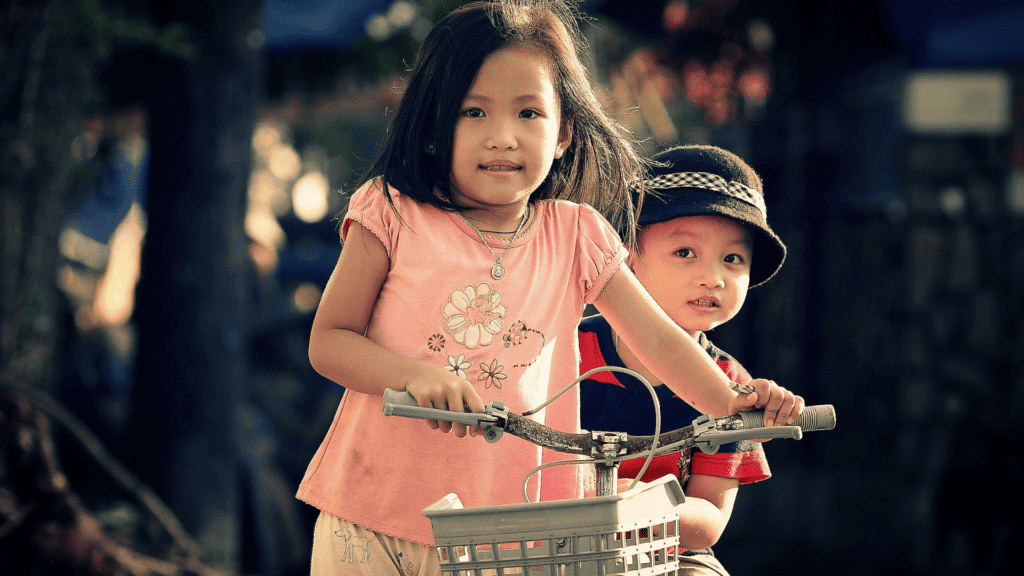
Florida Adoption Lawyers
For those considering adoption in Florida, it is imperative to have expert legal assistance to guide you through the legalities of the adoption process. Florida Adoption Lawyers is a dedicated team of professionals who specialize in adoption law. They are committed to providing compassionate and knowledgeable legal support to families embarking on the adoption journey.
Whether you are just beginning to consider adoption or are in the midst of the process, Florida Adoption Lawyers can provide the legal expertise and guidance necessary to navigate the adoption process with confidence. Their commitment to supporting families and ensuring the best interests of the child make them an invaluable partner in your adoption journey.
Contact Florida Adoption Lawyers today to learn more about how they can assist you and your family in creating a loving and nurturing home for your adopted child.
Sources:
Malmberg-Heimonen, I., & Rantalaiho, M. (2021). The Effects of a Preventive Strengths-Based Intervention on Parenting Stress for Families with Children at Risk of Placed Outside Home: A Randomized Controlled Study. Journal of Child and Family Studies, 30, 1073–1086. Available online
Lamb, M. E., Sternberg, K. J., & Thompson, R. A. (1997). The effects of divorce and custody arrangements on children’s behavior, development, and adjustment. Family and Conciliation Courts Review, 35(4), 393-404. Available online


